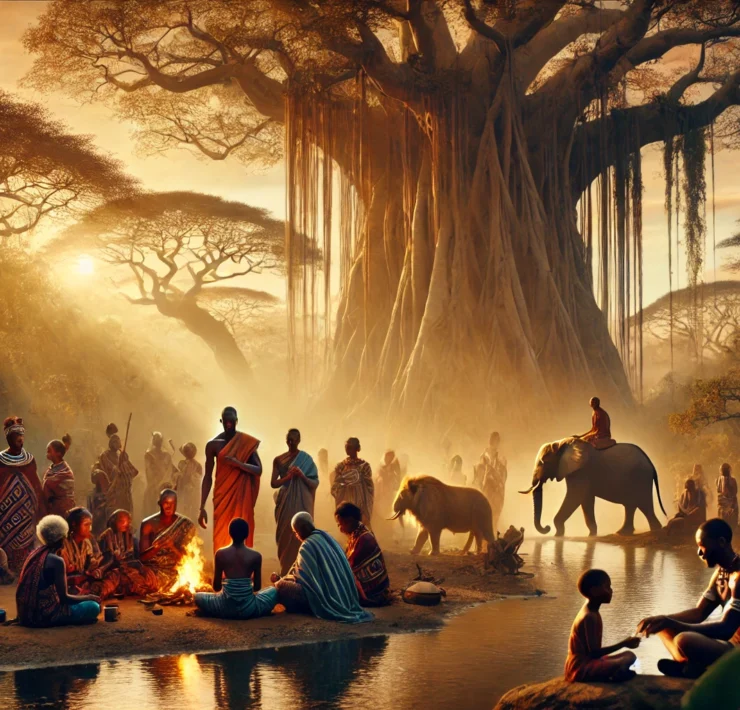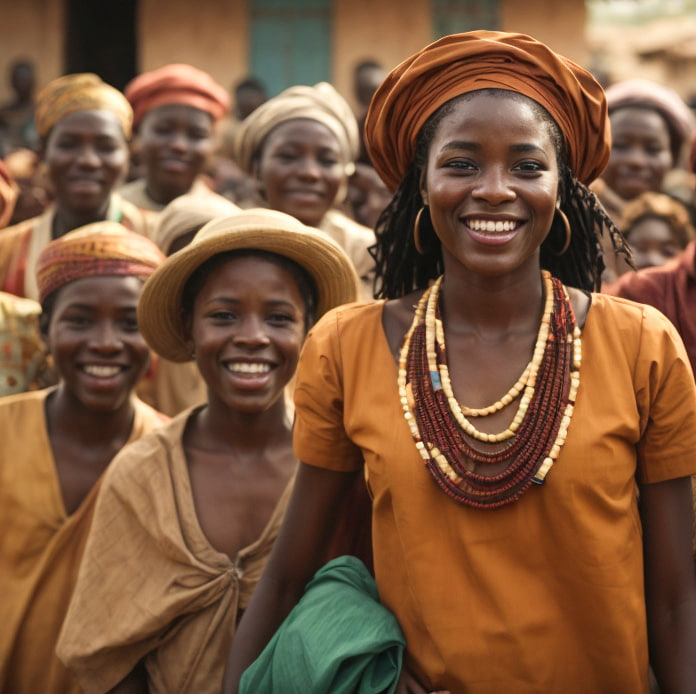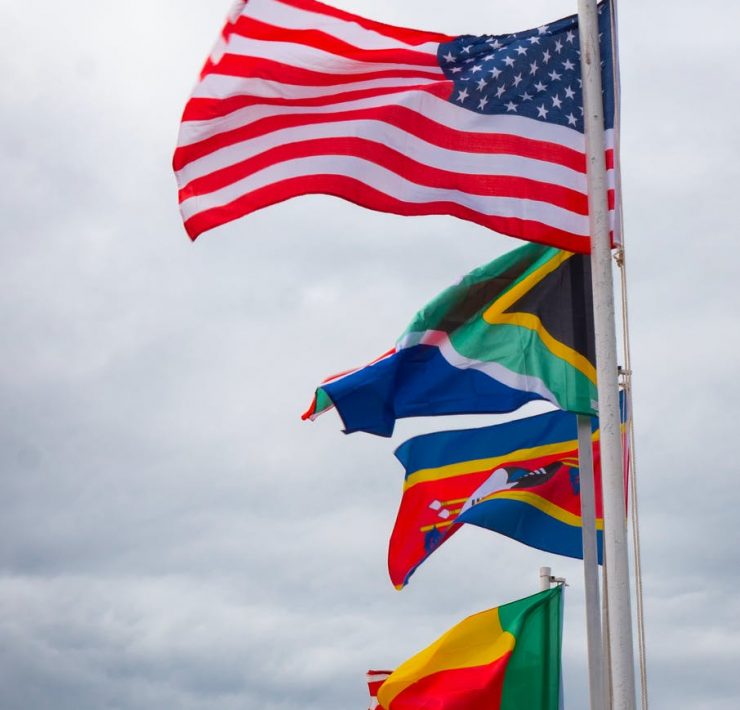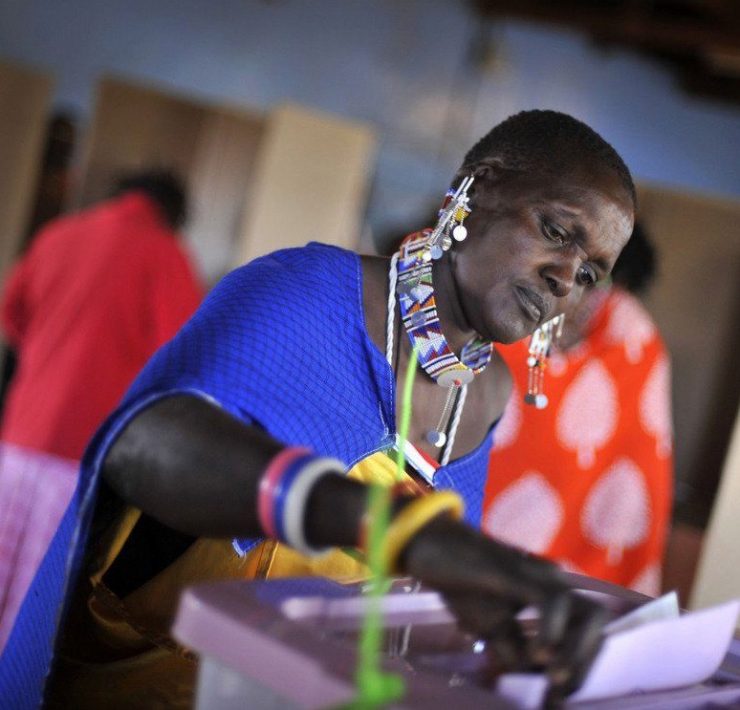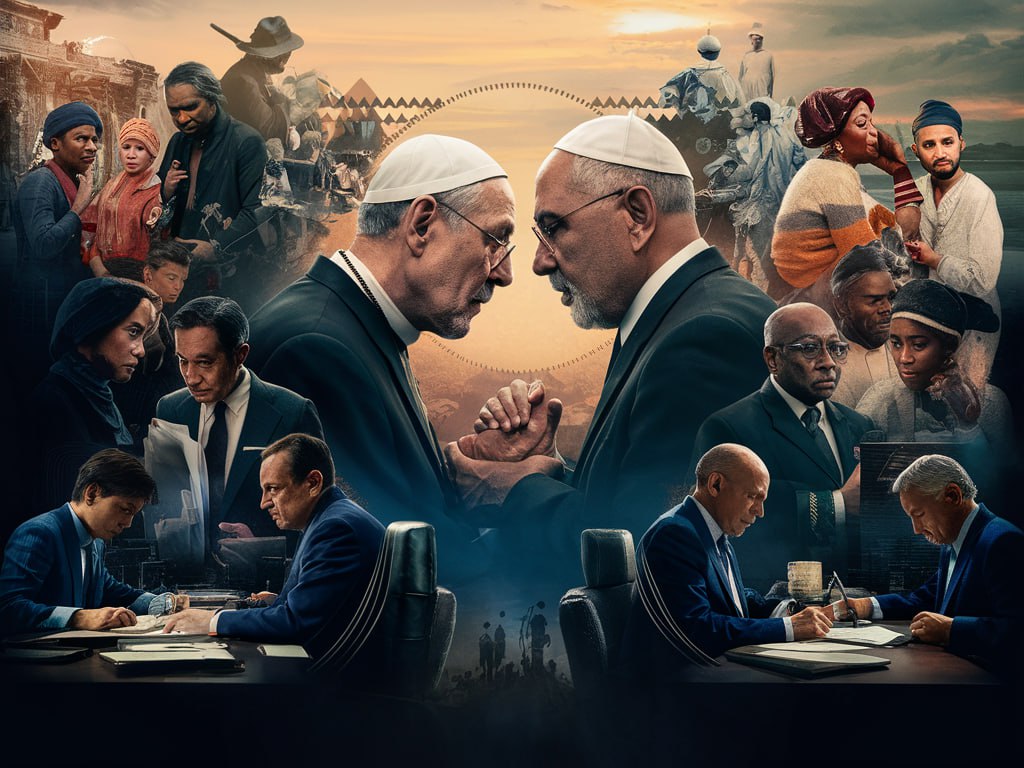
Passionate about seeing the Alkebulan of my dream emerge. I…
The interplay between governance, religion, and societal development is complex and multifaceted. Here are some key points to consider:
1. Governance and Infrastructure: Effective governance is indeed crucial for the development of any society. Good schools, healthcare, infrastructure, and economic opportunities are fundamental to a nation’s progress. When governments fail to provide these, people often turn to other sources for support and hope, including religion.
2. Role of Religion: Religion can provide comfort, community, and a sense of purpose, especially in times of hardship. However, when it becomes a substitute for systemic solutions, it can hinder progress. The idea that “religion is the opium of the poor” suggests that it can sometimes be used to placate people, preventing them from demanding necessary changes.
3. Accountability and Civic Engagement: For meaningful change to occur, citizens must hold their leaders accountable. This requires a well-informed and engaged populace. Civic education and empowerment are essential for fostering a culture of accountability. Religious institutions, given their influence, could play a significant role in this by promoting social justice and encouraging active citizenship.
4. Economic Empowerment: Investments in education, healthcare, and infrastructure are crucial, but so is economic empowerment. Creating jobs, supporting small businesses, and promoting sustainable agriculture can help lift people out of poverty and reduce their reliance on external sources of support, including religious institutions.
5. Cultural and Indigenous Practices: Embracing and integrating indigenous practices into modern development strategies can lead to more sustainable and culturally relevant solutions. This includes promoting biodiverse agriculture and other traditional knowledge systems that have sustained communities for generations.
6. Collective Responsibility: Change requires collective responsibility. While it’s easy to blame leaders, citizens also have a role to play in demanding better governance and participating in the democratic process. This includes voting, advocacy, and community organizing.
7. Education and Critical Thinking: Education is not just about acquiring knowledge but also about developing critical thinking skills. When people are educated and able to think critically, they are less likely to be swayed by false promises or manipulated by those in power, whether political or religious leaders.
In conclusion, African nations requires a multifaceted approach that includes improving governance, promoting economic empowerment, embracing cultural practices, and fostering a culture of accountability and critical thinking. Religion can play a positive role in this process, but it should complement, not replace, systemic solutions. Ultimately, the power to create change lies within the people themselves, through collective action and responsibility.
We need Ubuntu.
Subscribe now for updates from Msingi Afrika Magazine!
Receive notifications about new issues, products and offers.
What's Your Reaction?
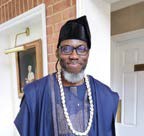 PIN IT
PIN ITPassionate about seeing the Alkebulan of my dream emerge. I am unapologetically African. We are building the Emerging Alkebulan. Titles don't matter. Disrupting the status quo. Thought provoker. Pan African to the core.















